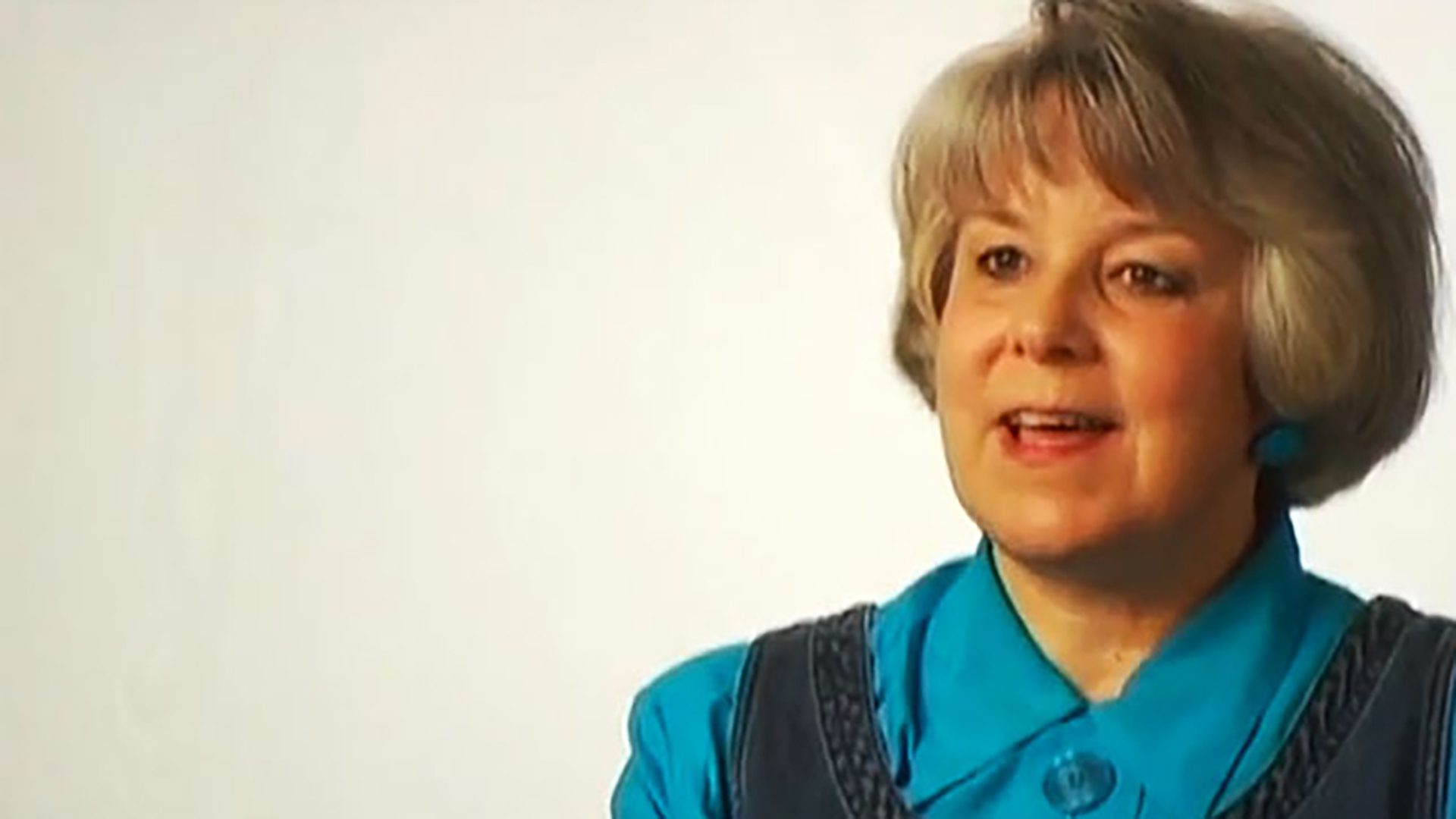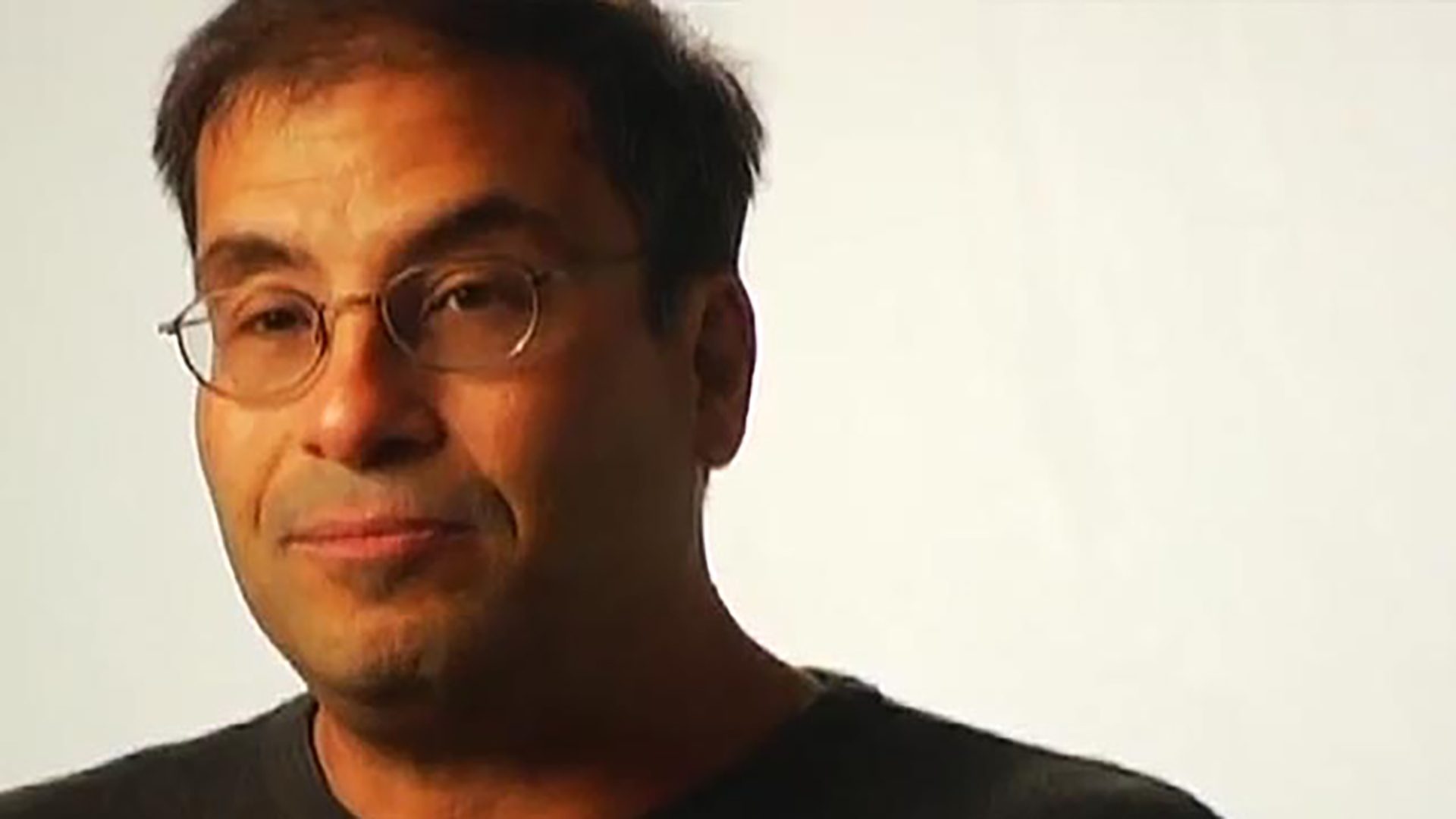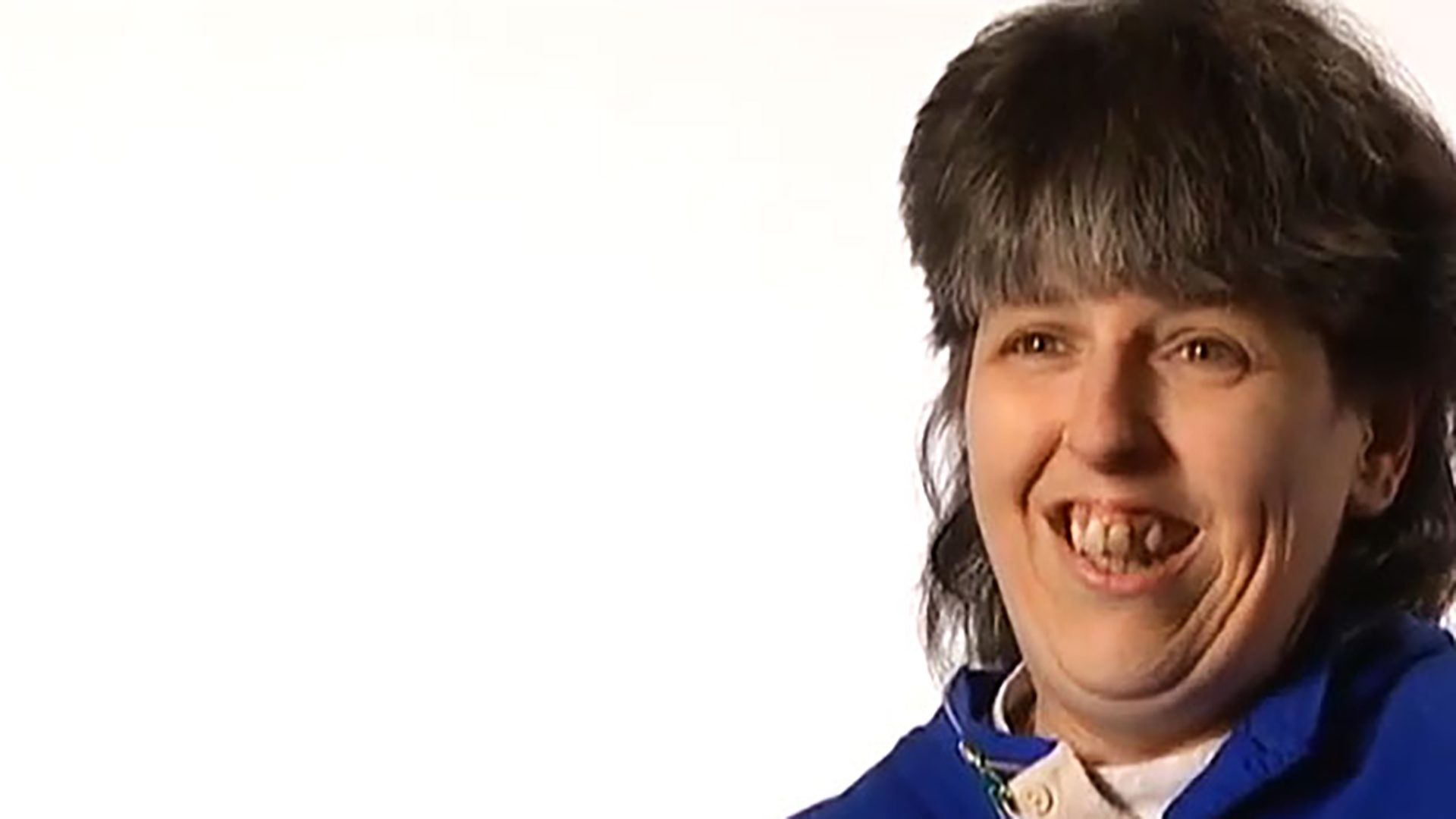Survivor Interview – Beth S.
Beth is a pancreatic cancer survivor. She discusses dealing with survivor guilt, funeral planning, and finding emotional support.

I became a survivor in August of 2003 when I was diagnosed with pancreatic cancer.
I actually thought I had indigestion for a year, so I was very surprised to find out that I had cancer. I went through a fairly extensive surgical procedure where I was in the hospital for over two weeks. The surgery was pretty hard. Because I had started out healthy, I recovered relatively rapidly. Basically, I have much less intestine and a few other pieces missing. It’s harder for me to digest things. I’m fortunate that I can eat most everything. I did experience something called Dumping Syndrome for a brief period of time, and I also became lactose intolerant for a while, but that’s resolved. There was a nutritionist, who helped me understand what was happening and gave me some ideas about what I could eat that would help me feel better.
I had chemotherapy and radiation simultaneously. I finished radiation in December, and I continued on chemotherapy for another three months. For the chemotherapy, I actually was quite fortunate. The chemo drug they put me on is newly in pill form, so I did not have to have a port-a-cath. I did not have to go in for IV treatment. I took pills at home in huge quantities.
My hands and my feet peeled many times. It was difficult to manage because I was constantly peeling. The drug affects the cells that grow rapidly. The soles of your feet and the palms of your hands are cells that we slough off all the time, so they grow rapidly. That’s the area that it affected the most. When it’s peeling in layers all the time, it’s very painful. It’s very hard to walk sometimes. It was hard for me to grab things and open bottles and cans. It got so bad, they actually had to take me off the pills for a week or two until I could recover. It was hard for me because when I was on the chemotherapy, I was at least doing something. It made me really nervous to go off of it knowing that there were cells that were probably multiplying and that I wasn’t doing anything with it. There were times that I didn’t actually tell them that it was as bad as it was.
Radiation was a little harder for me. It made me very nauseated, so it was very hard for me to eat. What was the hardest part for me, though, was the fatigue. People told me that, “You will get fatigue.” To me, fatigue means tired. I thought, “I’ll take a nap. I’ll treat myself well.” I didn’t realize what fatigue really was, and it was bone-draining fatigue where I couldn’t get out of a chair. I have two cats to take care of and the thought of getting up and feeding them took me a long, long time. I often spent hours and hours laying in the chair thinking, “I’ve got to get up, and I’ve got to do this one thing. Just this one thing.” It was very hard. I don’t have fatigue now. It took about six months to get over it.
It continues to be important to me to find people who have survived. Most people who have a diagnosis of pancreatic cancer are already Stage 4 by the time they get the diagnosis because there are really few symptoms for it. Mostly people survive eight to nine months and that’s it. So I know I have survived beyond that. I am looking for other survivors because there aren’t many of us. I don’t know how long I will be in remission. I try not to think too much about it, but every three months, I go in for a blood test and sometimes I feel like I’m living my life three months at a time. I think if I can get beyond a year, I can think a little bit longer term than that. I’m extremely grateful for having the time I have. I passed a year. It’s now 13 months.
I attend a weekly support group, and I have to say that a year ago when I started it, it would not have occurred to me that I would be continuing it. They are the people who have experienced exactly the same thing that I have. Even close friends and family who have been very supportive to me don’t know what it’s like. When I tell them what fatigue is like, they really don’t understand that I can’t move. The people in the support group know. They know what it’s like to go through radiation. They know what it’s like to be scared. When I stopped treatment, it was quite frightening for me because all of a sudden I wasn’t doing anything, and it was really hard for me to not have that to rely on.
In terms of relationships, it’s a struggle for me. Right now, I don’t have a significant person in my life. But the hard part is figuring out how fair it really is to get involved with somebody, and I go back and forth on it. None of us have predictors about what happens in our life. If somebody came into my life, I would have to figure out what to say to them and what to share with them. My hope is that a person would understand and be accepting of me. I do think that there are a lot of people who this would be a very scary thing for them…to hear that I have cancer. It is now in remission, but I have cancer. I don’t know what reaction I would get. Part of me is a little afraid to find out what that would be.
I live alone. My neighbors, my sister and her family are in the neighborhood. They were probably my greatest support. My coworkers were very good to me. I work a long distance away, so they weren’t in close vicinity to me, but they did some wonderful cards and a video for me. I was off of work for five months. It was helpful to know that people didn’t forget that I was still around. I was very clear with anybody, whether it was my family or friends, that whatever I knew, I was willing to share and that I didn’t approach people to ask questions. I don’t know how much people want to know or don’t know.
My sister happens to be my twin. We have a very unique bond, and it’s really hard for her. She asked to come to my first oncology appointment and the question that I asked was, “What is her risk? Is it greater than just a normal population?” because I was concerned about it. I haven’t heard any guilt. I think she’s very sad. I think she’s very angry because the reality is that she could lose me in her life. I could live to a ripe old age. I may. I hope I do. But she needs to be prepared, and I think too that in her older years, I may not be there for her.
I did do funeral planning. The interesting dichotomy that I am in is that I have done things that tell myself, “I’m gonna live.” I bought a pair of shoes that’ll probably last me five years. I just bought opera tickets that will go for another 13 months. Yet, while I’m doing those things, I also updated my will and have made sure that everything is in place, and continue to clean out things. I take care of business things so that my sister won’t have to do it. It’s not particularly sad for me, but it is an interesting sort of balance that I do. I have to pay attention and plan for a time when I may not be here. But I’m looking forward to years, if I can have ’em.
I do sometimes feel guilty that I am a survivor. It’s an interesting feeling. I have known two other people that had pancreatic cancer that friends connected me with, and they were both long distance. Both of them have since died. I look at that and wonder. I do feel guilty about it. They both had families. Young kids. People in my support group talk about survival skills, that for whatever reason, everything lined up for me so that all the treatments worked. I was diagnosed; I actually was Stage 3, because I had physical symptoms. I had a step up from other people. There’s a guilt about it. I don’t know how to resolve that for myself. What is extremely heartening to me is the families of these people don’t harbor any ill feelings towards me. I keep wondering, if it was reversed, what would I feel? I hope I would feel the same joy that they feel for me that I am surviving. I hope I would.
I actually made for myself some, what I would call, Quotes for Recovery. Right now, I have them posted on my office wall, and I read them every day. There are two that come to mind that I keep playing over in my mind. One is from a book by Jerome Groopman [The Anatomy of Hope: How People Prevail in the Face of Illness] and what he said is: “In the face of uncertainty, there’s nothing wrong with hope.” It’s what got me through some pretty awful days, that I can still hope for something more because I didn’t actually know what was happening. The other one is actually from J. R. R. Tolkien’s The Lord of the Rings that says, “The only decision we have is what to do with the life we are given.” I think that is not only for me as a cancer survivor but for all of us to think about. What is our purpose? Grab on to whatever is meaningful to us and pay attention to it.
Every cancer has survival. There are always survivors. Statistics only mean something to somebody in the rollup. As individuals, we all have the same chance to survive. So I just want people to remember that.
I’m Beth Siemon, and I am a one-year pancreatic cancer survivor.

